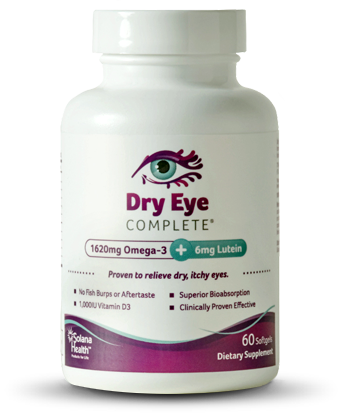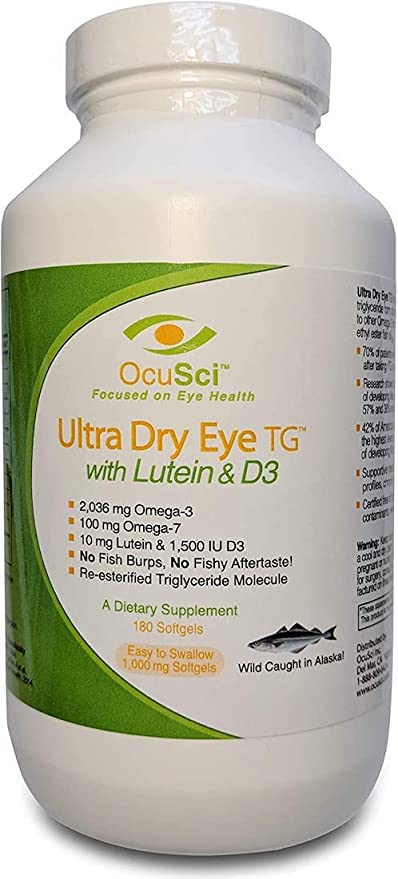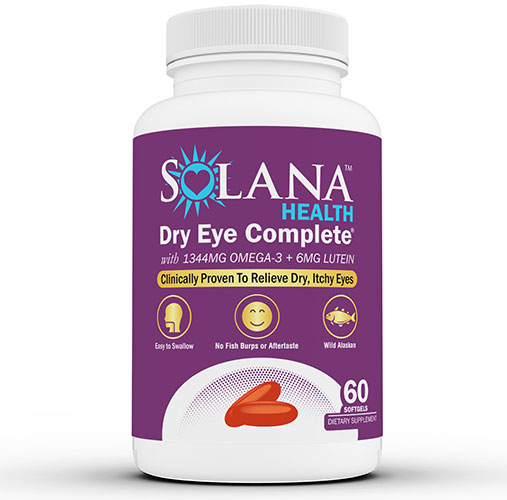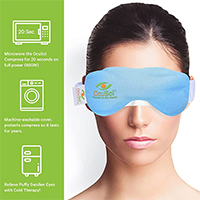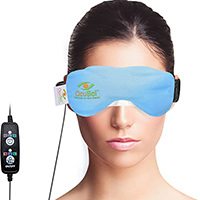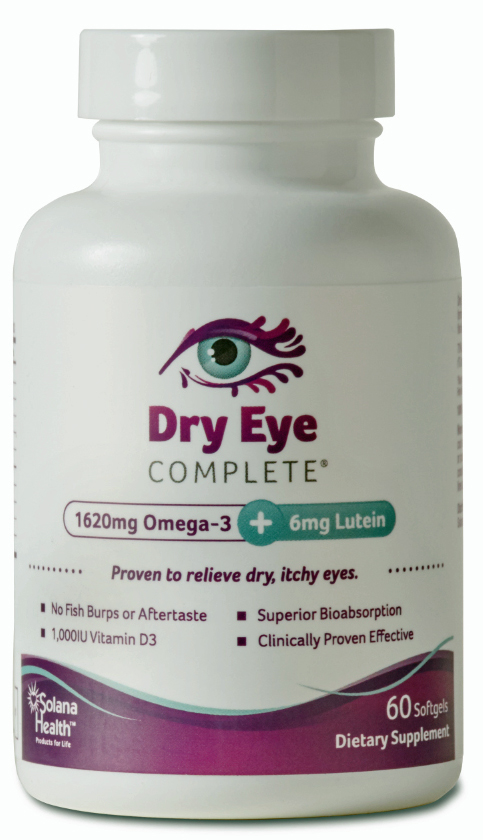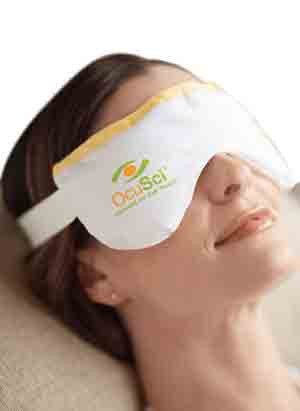Most of us know how important it is to have adequate nutrition and vitamins. However, few of us know just how big of an impact these nutrients have on our eyes. The science of nutrition has moved forward a lot, with doctors now realizing that it is not just about nutritional deficiencies, but also about nutritional excesses of refined products, proteins, sugar, and fat. So how do you choose the best vitamins?
A Healthy Diet for Your Eyes
The U.S. Department of Health and Human Services has worked together with the Department of Agriculture to devise the Dietary Guidelines for Americans. According to this, a healthy diet includes:
- Lots of fat free dairy products, whole grains, vegetables, and fruits
- Nuts, eggs, beans, fish, poultry, and lean meats
- Few added sugars, salts, cholesterol, trans fats, and saturated fats
AREDS and AREDS2
There have been two important studies commissioned by the National Eye Institute on the benefits of supplements for the eye. These studies are AREDS (Age-Related Eye Disease Study) and AREDS2. Thousands of people took part in these studies over a period of five years. The results of both were impressive:
- AREDS was a supplement containing 15mg of beta-carotene, 250mg of vitamin C, 400 IU of vitamin E, 80mg of zinc, and 2mg of copper. The study, published in 2001, showed that people who took this supplement were at a 25% reduced risk of developing vision loss as a result of pre-existing macular degeneration (AMD). Those with advanced AMD saw the chance of vision loss drop by 19%. No benefits were reported for those without any AMD. Unfortunately, it was also found that taking AREDS placed certain population groups at an increased risk of lung cancer, linked to the beta-carotene.
- AREDS2 aimed to remove the increased risk of lung cancer. As such, studies took place in omega 3 fatty acids, zeaxanthin, and lutein. The results, published in 2013 looked at the new formulation, which removed the beta-carotene and included 10mg of lutein and 2mg of zeaxanthin. Those with AMD reduced their risk of advanced AMD by 18%. Those with no AMD had a 25% lower risk of developing AMD. The omega 3 fatty acids did not seem to influence results either way.
Eye Vitamins
Vitamins can be water soluble or fat soluble. The body can store fat soluble ones, which are vitamins A, D, E, and K. Water soluble ones, vitamins C and B, are flushed out of the body and must therefore be replaced. The table below shows the effect the different vitamins can have on our eyes.
| Vitamin | Effect | Natural Food Sources | Dangers |
| A | The first to ever be investigated, it was called ‘A’. has specific benefits, including:
|
|
|
| B1 or Thiamin |
|
||
| B2 or riboflavin |
|
||
| B3 or niacin |
|
||
| B6 or pyridoxine |
|
||
| B12 |
|
||
| Folic Acid |
|
||
| C |
|
||
| D |
|
|
|
| E |
|
The above table does not mean that you should supplement with virtually every vitamin on the market. Rather, you need to be aware of your diet, as most vitamins and nutrients can be obtained through healthy food choices alone. Do also refer to the AREDS2 study, although only if you already have signs of AMD. Always speak to your physician before deciding to take any supplements, even over the counter ones.
Comparing the AREDS2 Ingredients
To date, the AREDS2 formulation is the only formulation that can safely prevent the progression of AMD, although there is no evidence to show that it helps to actually prevent eye diseases in the first place. That said, other ingredients have been shown to have some benefits to overall eye health as well. The table below shows what is now scientifically known.
| Ingredient | Dosage | Benefits to Eye and Health |
| Lutein | 5mg |
|
| Bilberry extract | 10mg |
|
| Citrus bioflavonoid | 250mg |
|
| Omega 3 flax meal | 500mg |
|
| Beat-carotene | 25,000 UI |
|
| Vitamin A | 5,000 IU |
|
| Vitamin C | 1,000mg |
|
| Natural vitamin E | 200 IU |
|
| Vitamin B2 | 40mg |
|
| Rutin NF | 100mg |
|
| Selenium | 100mcg |
|
| Chromium | 200mcg |
|
| Zinc | 25mg |
|
Which Supplement Should You Choose?
When it comes to picking your brand of vitamins, you have to make sure you look mainly at the ingredient levels and daily requirements, with price being less important. Good vitamins contain at least vitamins A, C, E, and B2. It should also contain selenium and zinc. Since AREDS2, it is also common to find lutein in eye health supplements. If you are a current or past smoker, make sure there is no beta-carotene in the supplement. Additionally, always speak to your physician first before you self-medicate.
New Research on Eye Health and Vitamins
Researchers are constantly looking at improving their knowledge on overall eye health. What is now known includes:
- Beta-carotene increases the chance of past or present smokers developing lung cancer.
- Lutein and zeaxanthin can be a substitute for beta-carotene, in fact having better effects.
- Omega 3 helps with dry eye syndrome, but not with AMD.
- Only 25mg of zinc is needed. Increasing this to 80mg has no positive effect.
- Those with early AMD are most in need of supplements.
- A final little fact to know: your visual system and your brain make up just 2% of the total weight of your body. However, between them, they use around 25% of all your daily nutritional intake overall.
Resources and References:
- Dietary Guidelines for Americans – Guidelines for 2015-2020 (Health.gov)
- What AREDS Means for You – What the Age-Related Eye Disease Studies Mean (NIH.gov)
- AREDS2 Results – Follow-up to the Age-Related Eye Disease Study (AREDS) to change the formula for the AREDS supplement (AMD.org)

